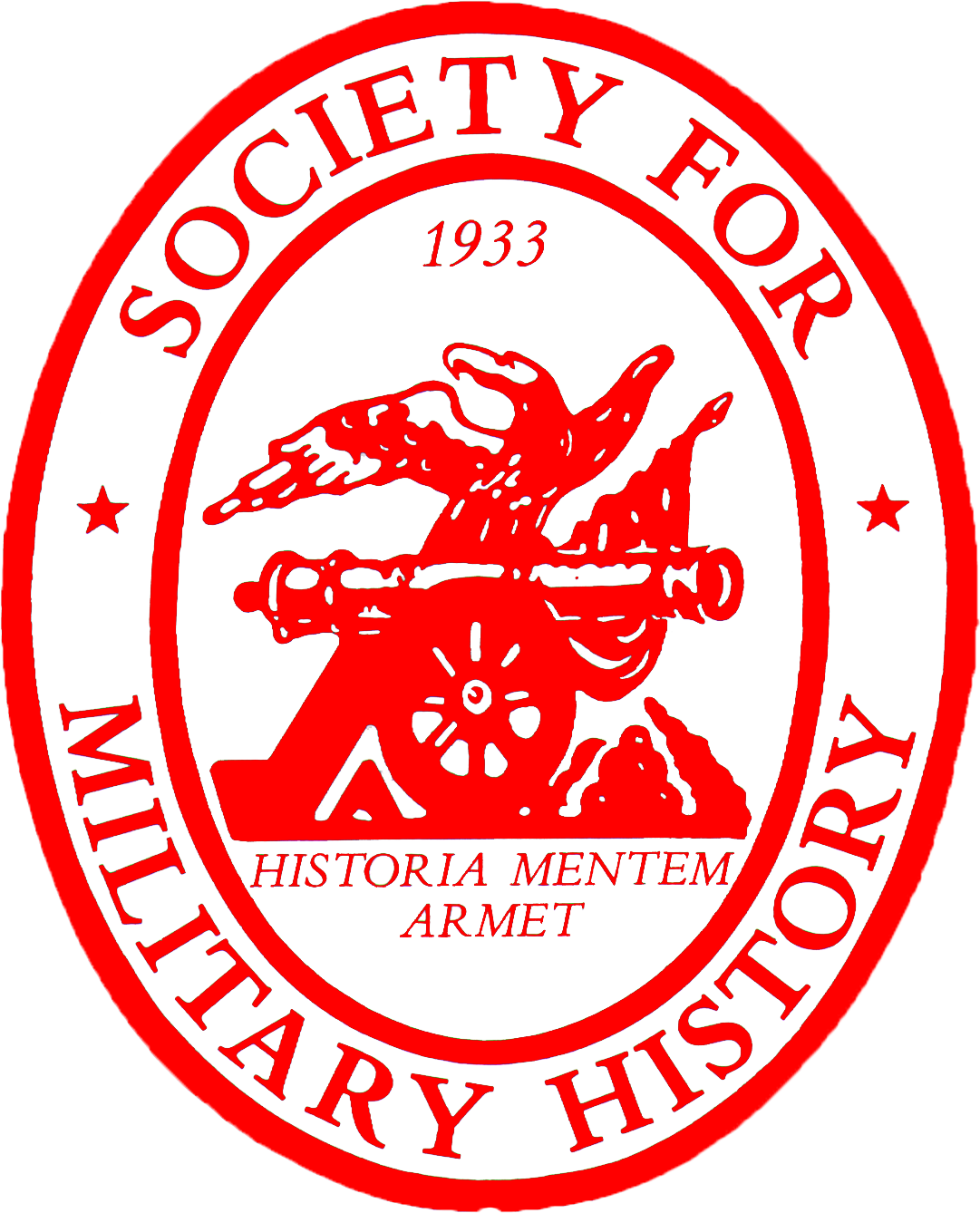
The David Library of the American Revolution
by Geoff Fisher
Graduate students wishing to research The American Revolution will find a small but adept staff at The David Library of the American Revolution, in Washington Crossing, Pennsylvania. There are two key attributes that separate the David Library from other research organizations that focus on the American Revolution. First, the Library’s concentration ranges from 1750-1800, which contains more than 10,000 rolls of microfilm, nearly 8,000 books, and 2,000 pamphlets. All materials are non-circulating. Researchers have within their fingertips a number of primary sources. These primary sources include: diaries, muster rolls, letters, and military service records. Not only does the Library have an American focus; it also provides the view from the British side. The collection includes scanned documents from the British Archives, which generally can not be obtained in the United States. In addition, The Sol Feinstone Collection is one of the most comprehensive repositories of original George Washington’s correspondences. Graduate students and researchers may find The Johannes Schwalm Collection insightful about the Hessian soldiers in the war; eventual immigrants to the United States. It is important to note the entire collection is housed in one building. Second, the Library is convenient and it is an invaluable resource in the Philadelphia suburbs. The David Library is nearby to highways, I-95 and Route 1. Both of these highways can take you to New Jersey, Philadelphia, or the New Jersey and the Pennsylvania Turnpikes.
After turning off from Route 32 (River Road) onto the Library’s property, visitors take a long drive to where the library sits. Upon entering the Library for the first time visitors will find the easy-going, professional librarian, Ms. Ludwig. The librarian will ask all first-time visitors to sign-in by leaving their name and email address. Though their support staff may be small, Ms. Ludwig provides one-on-one assistance to any individual who requests it. Whether they are graduate students, genealogists, historians, history-buffs, or other researchers, the Library strives to make every visitor welcomed. The Library does not have any lockers but a coat rack is available. There are three big desks that leave enough room for all the researcher’s materials and his/her belongings.
For the technologically proficient researchers, the library has wireless internet. Provided are electrical outlets to hookup laptops, phones chargers, and e-readers, located on the floor. The library has a microcard reader, photocopier, and DVD player with headsets. USB key drives are found on all Library computers. The researcher can use his/her personal USB key drive on one of the computers to printout documents. Copies of printed material will cost 25₵ per page.
If you need access to a roll of microfilm, the Library has five viewer-printers to view pensions, letters, or materials that are too delicate to physically handle. Ms. Ludwig will take the time to show the first time researcher or grad student the particulars on how to manipulate the controls on the viewer-printers. Again, the 25₵ per page will take effect. If a researcher or graduate student is unable to physically access the Library, Ms. Ludwig can provide research materials offsite for a low cost. Any offsite user is expected to pay all library costs and postage. In order to ensure the accessibility of a viewer-printer, a computer, and the necessary documentation that they may access, reservations are encouraged.
Nearby there are many causal restaurants where visitors can purchase sandwiches. If a visitor brings a lunch and it is a pleasant day, they can use the front lawn of the library or the porch of the house for a relaxing break. However, if the weather is inclement, accommodations can be made by speaking to Ms. Ludwig. When the day’s research has been concluded, the researcher may be looking for some downtime. The Library is surrounded by the town of Washington Crossing and flanked by Yardley and New Hope, Pennsylvania. All three towns are quaint and charming, and show the uniqueness and quirkiness in Americana. Not only is The David Library located in Washington Crossing, the researcher will find that many other historical sites are very accessible and geographically close. For example, there is Bowman’s Tower on top of Bowman’s Hill that provides a 360° view of the surrounding area. Dotting the landscape are the beautiful fieldstone homes on River and Tower Roads. On the other side of the Delaware River, Flemington, Lambertville, and Trenton, New Jersey are not far away. The researcher could find the Old Barracks in Trenton and the Flemington Raid worth a trip.
If graduate students, genealogists, historians, and researchers are not from the area or have not arranged housing and places to eat, it would be wise to look over http://visitbuckscounty.com/ to find suitable accommodations that meet individual needs.
(Fall 2013)
